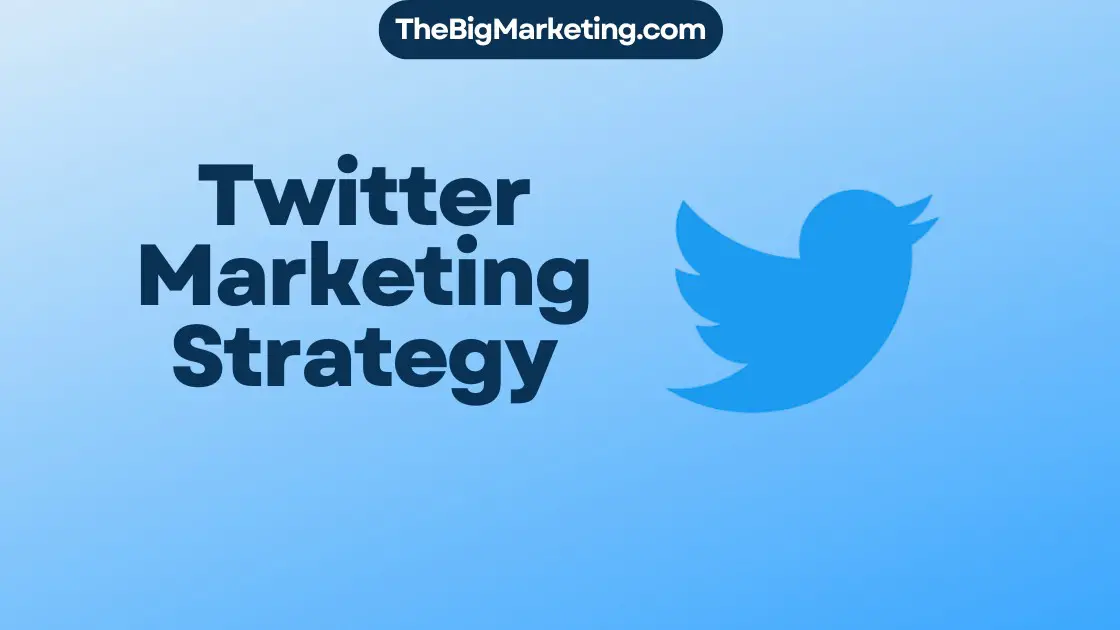Marketing teams in this data-driven world are facing big challenges, especially with managing very complex campaigns. Marketing is evolving every day, and as you probably know, if you’re working in the marketing field, the volume of data is immense, so the need for tools that enable marketers to manage data effectively is rising.
Of course, there is a solution, but it is often overlooked in marketing without particular reason. It is an Enterprise Resource Planning (ERP) system that can make a big difference. If you don’t know how this guideline is just the right for you. ERP is not traditionally used for marketing, but it can be very beneficial; like that’s the case with streamlining business operations like finance and supply chain management.
An ERP system can make life easier for marketers with a single platform for data management and operational efficiency, so here are the main reasons why marketing companies should use it.
How Data is Transforming Marketing Today
Every interaction like a website visit, opening an email, or a social media click, all of that generates important insights that can inform marketing strategies. But managing that amount of data is a hard job, and it takes a lot of time and devotion. To tell the truth, it can be overwhelming, and mistakes can happen or, at least, some problems in managing everything.
Because of that, marketers usually rely on multiple tools and platforms to gather and analyze information, but that is not the perfect principle. This may cause data fragmentation and inefficiencies which is why an ERP system is a far more superior option.
With an ERP system in place, an organization/business will be able to keep all its data in a single location, irrespective of the different departments. It just goes to show that ERP software offers marketers an integrated system for customer, sales, plus other important metrics data.
In the absence of an ERP system, marketers are forced to seek information from various places, whereas with an ERP, all the information is available at one place.
That’s a big AND handy improvement, right?
Centralized Data Management
For marketers, the ERP system offers the most important thing – it frees them from juggling between different CRM systems, social media analytics tools, and email marketing platforms to get all the data they need. The question is how? With centralized data management.
With an ERP system, all campaign performance views are in one dashboard, and in that way, marketers have real-time insights into customer behavior, sales trends, and marketing ROI.
If you want to understand this principle a little bit more, here’s an example. The marketing team is running a big campaign across many different channels (SMM, PPC, email marketing, etc.).
Moreover, if they implement an ERP system, they’d be able to measure the results of every possible channel in real time, making it evident what is effective and what isn’t; therefore, they could decide more strategically on the areas to invest in.
The Role of Real-time Data in Making Decisions
As already said, with an ERP system, marketers can access real-time data from many sources, which makes their decisions easier because they are based on the most accurate information.
For example, if you need to track inventory or monitor customer trends, ERP can help you with every aspect needed and enable quick decisions based on data.
Don’t you wanna know as soon as possible that the product you are promoting is running low on stock? The ERP system can notify your team in real time.
Personalization is Key
ERP can prove beneficial by enabling you to collate all customer interaction data within a single application. ERP’s ability to track customer journeys makes marketing efforts relevant.
And all of this is possible only if you customize/personalize your marketing campaign (furthering its success rate).
There is so much more to this subject, but if these few facts got you interested, a GSI managed services provider will provide JD Edwards support and inform you about everything you want to find out, as well as offering their services which you can outsource instead of opting for an in-house team which can be extremely expensive to set up.
Conclusion
There are so many benefits that ERP systems can provide marketers with. From centralized data and real-time insights to workflow automation to manage complex campaigns in the best possible way, there is no reason why you should not use these advantages.
Now, when you probably understand the role of ERP systems in marketing, you realize how significant it is in businesses to understand their potential beyond just operational tasks.
If you integrate an ERP system, your marketing team will unlock new levels of proficiency in data-informed decision-making and management. And this upgrade will result in increased efficiency, which leads to increased profits down the road.





